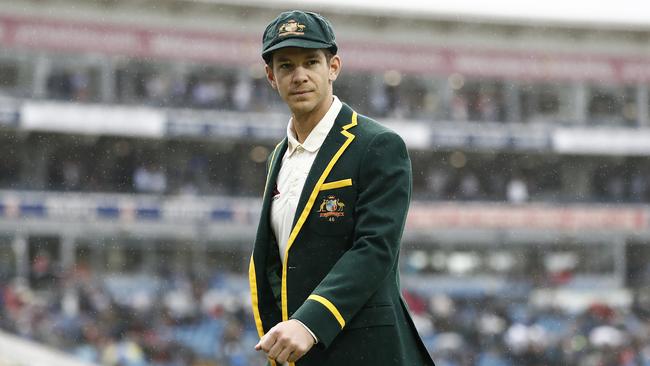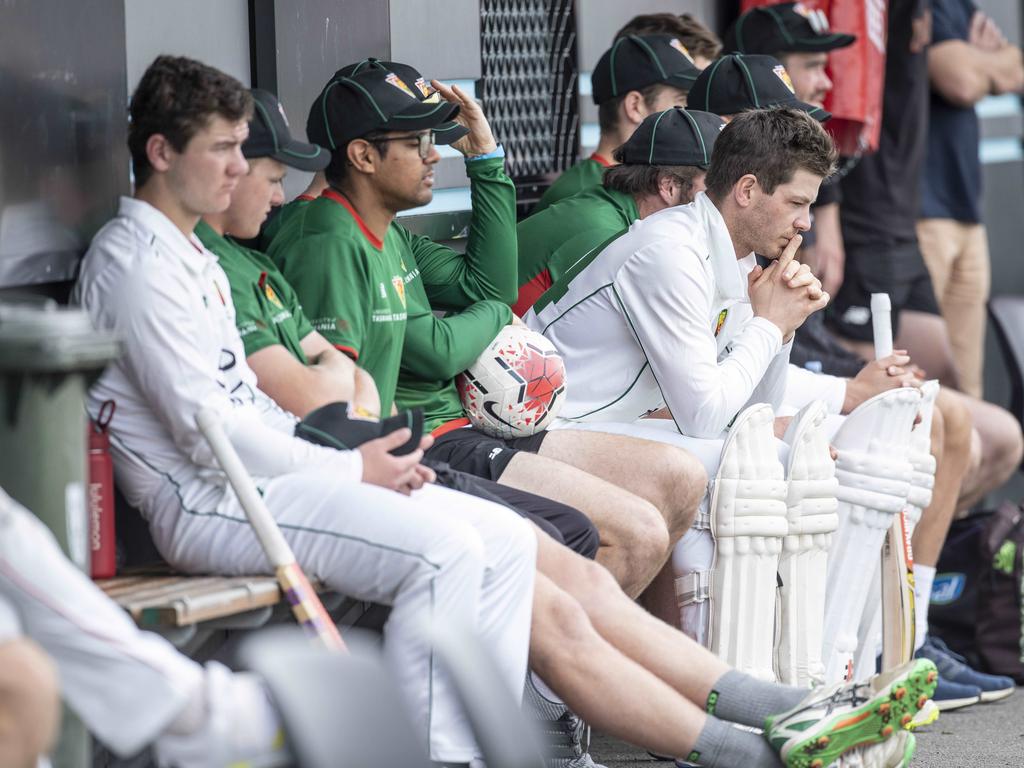
It is, to begin with, apparent that Paine has been the victim of what amounts to double jeopardy, with the decisions reached by earlier investigations being overturned once the claims that had precipitated the initial complaint were aired publicly.
According to media reports, the complainant had not co-operated with the initial investigations, potentially hampering their accuracy; but that was a choice she made, for which Paine ought to neither bear the blame nor pay the price.
There are, in effect, compelling reasons the principles underpinning the rule against double jeopardy should deny complainants who choose not to come forward a second chance: as well as robbing the accused of a clear outcome, whose finality would provide some certainty, a system in which complainants could reopen proceedings at any time would encourage the withholding of information – possibly with the intention of eventually selling it to the media – and facilitate blackmail.
As a result, CA’s decision to junk the earlier investigations, which do not seem to have been marred by procedural flaws, is not only inconsistent with natural justice; it also threatens the integrity of its complaint process going forward, exposing players to risks that are as unnecessary as they are unjustified.


But even putting those issues aside, the de facto dismissal of Paine from the captaincy of the Australian cricket team highlights, yet again, the depths of our conceptual morass.
After all, what we can quite rightly demand of cricketers is that they play the game honestly and competently – not that they have admirable private lives, much less be saints.
Of course, it may be that some players radiate sweetness and light; but one might well wonder whether there are enough budding Mother Teresas or St Francises in this country to populate a national team.
Moreover, even were the supply of goodness not as limited as it seems to be, it would be a woeful waste if the angelic were diverted from feeding the hungry, healing the sick and raising money for the poor to mastering the art of spin bowling.
And we would surely be astonished if those who placed the utmost importance on morality’s stern demands devoted their days to the cricket pitch, just as we would not expect them to make it their life’s work to dance more beautifully than Fred Astaire or sing more superbly than Joan Sutherland.
Rather, the likelihood is that professional cricketers will be no more saintly than the rest of us, stumbling through this vale of tears, sometimes reaching for the stars, at other times making bad mistakes. It is therefore difficult to see why, in assessing their entitlement to pursue their vocation, greater weight ought to be placed on the quality of their private life than we would for teachers, surgeons or engineers.
Nor is it apparent that the rules applying to the captain should differ in kind from those for other players. It may be true that the captain exemplifies the sport; but that is a matter of being even more scrupulous in ensuring the game is played honestly, even more attentive to promoting the team spirit, and even more committed to securing from each player the best that player has to give than any other player would be.
Aristotle, who thought about these things a great deal, put it this way: the first among horsemen is not the one who is the finest human being; it is the horseman who embodies, to the highest degree, the virtues required for horsemanship. To believe otherwise is both to misunderstand what captaincy is about and to invite ultimate disappointment, with much needless pain along the way.
There is, however, also a modern element that makes that ancient wisdom all the more relevant. It is a fundamental feature of modern societies that they recognise, unlike those that came before them, that moral evaluations are judgments on which reasonable people can disagree. What I regard as a blasphemous cartoon, you may consider wickedly insightful; and even if we share the same overall standards, we may differ on their application in particular circumstances.
That is why it was such a great step forward when the stranglehold the guilds had exercised over the vast majority of trades was ended in the 18th century by the rise of what Adam Smith and the other towering thinkers of the Scottish Enlightenment called “commercial society”. Reserving the trades they controlled for those whom they considered “good Christians”, the guilds invariably excluded Jews, expelled grievous sinners and denounced members they suspected of heresy. To practice a trade, one therefore needed to conform, not just through skilful craftsmanship but also in adhering to an all-encompassing moral code.
In contrast, commercial society, by defining a private sphere in which people could, so long as they did not harm others, reach their own judgments and live according to their own beliefs, opened livelihoods to the talents and allowed different religious and moral views to peacefully flourish.
For sure, embracing that freedom did not mean that anything was acceptable. But by economising on that scarcest and most valuable of resources, our ability to collectively reach a moral consensus, it became possible to carve out a path between the perils of moral anarchy on the one side and the horrors of moral authoritarianism on the other.
To say that is not to deny the difficulties identifying that path involves, not least because our assessments of where the bar should be set evolve over time, often in ways that are painful and conflictual. But while adaptation to those changes is inevitable and desirable, it should not come at the expense of the hard-won separation between the private and the public spheres, between the person and the role, that lies at the heart of modern freedom.
Unfortunately, eliminating that separation is precisely the goal of today’s zealots. In ignoring the bedrock distinction between sin and crime – which was itself one of Enlightenment’s most important achievements – they want to return us to the Middle Ages, but with surveillance technologies that would make a medieval inquisitor drool. And in industry after industry, they are being mightily helped by chief executives who lack the courage, and seemingly the insight, to grasp the magnitude of what is at stake.
No doubt they, too, have their smartphones. Mores the pity no app can protect us from the folly of the self-righteous and the cowardice of the unwise.








Good thing the phones are smart; many of the people who use them clearly aren’t. But whether the boorishness involved in sending lewd photos by text message justifies Cricket Australia’s treatment of Tim Paine is an open question.